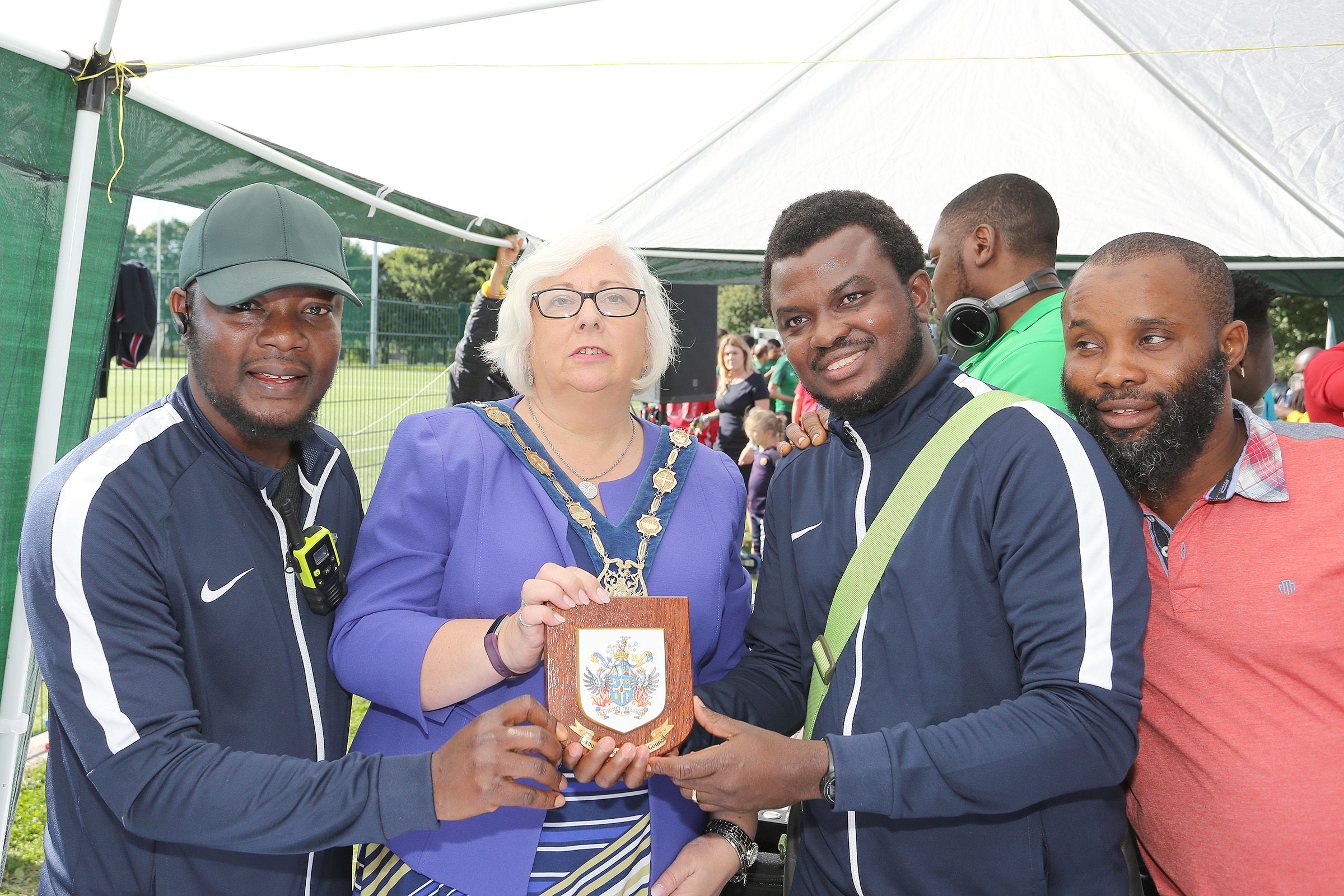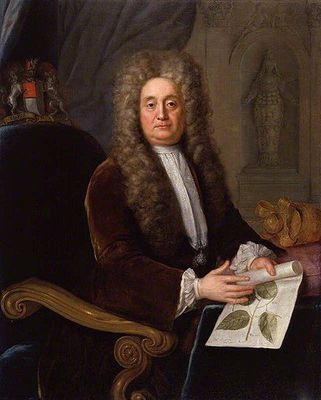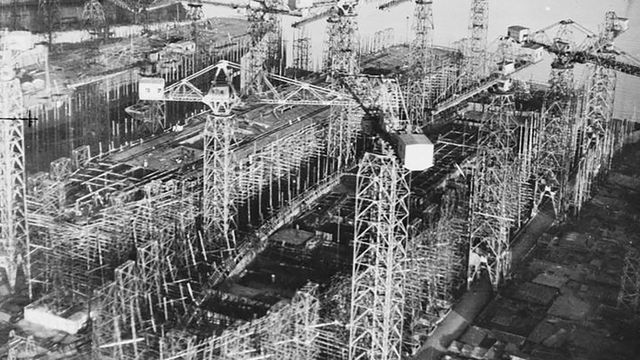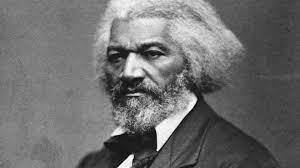MANY Africans in the North are beginning to wonder, where did the Good Friday Agreement leave them? Are they included in the binary Catholic-Protestant atmosphere of identity?
These questions have become very important and consequential to many migrant families who say that even though they landed here with a Catholic or Protestant tag, they don’t really want that to be their single most important thing. They don’t feel the same way traditional Catholics or Protestants born in Northern Ireland do.
The social and political landscape of the North is changing gradually but surely. Don’t look at me funny, I am only saying. In say, 15 years, you will come back to this hypothesis and confirm it. It is one of those unspoken truths about Northern Ireland that has not been officially and unofficially recognised. It is the identities of the other.
*Congratulations to JoinHer Network for the successful Black History Expo 2022 in St Georges Market today!* Your organisation made the African and Caribbean and the wider Northern Ireland community proud. @JoinHerNetwork @alfiecbwong @TLivi pic.twitter.com/U44cB38AGb
— ACSONI (@InfoAcsoni) October 26, 2022
So, we can say now that the African community here, for example, have mostly maintained the faiths. Religion is very important to them. Most African Protestants in Northern Ireland are starting to gain prominence among their communities; they are evangelical born again Christians.
There are not many African Catholics in Northern Ireland. The two denominations within the African community in Belfast are easy to classify in terms of religious identity and data. Why? This is because most Africans in Belfast are known to attend the ‘black churches’ which are mostly of African Protestantism.
On top of that, you add this new dispensation of migrant Protestant and Catholics. Yes and the answers to any question about their religious affiliation is something of their private concern because it is not what brought them here.
There is no hidden meaning there about ‘black’ churches; the term here refers to the black predominant numbers that go to the Protestant church in Belfast; the style of worship and the frequency of attendance.
The warning at the beginning of this article implied, no research was undertaken, just, mere ethnographic observation and stories that you hear. In these black churches, the community feel more comfortable than going to a local traditional Protestant church because they will find someone who understands them and who will probably also use dialects that are not similar to what they know in other Protestant churches in Belfast. It is a similar experience of black churches in parts of the UK, like London, and many faith places in America.
A number of years ago, the Office of National Statistics in Britain concluded in their research that one-in-12 people there were Catholics. In terms of the population of immigrants from Africa for example it showed that few were baptised as non-Protestant. There are historical reasons for this in the British and Irish Christian contexts. The population of traditional Catholics and Protestants who were born in the Island of Ireland is one big topic, despite the innocence of these debates in post-conflict Northern Ireland.
On top of that, you add this new dispensation of migrant Protestant and Catholics. Yes and the answers to any question about their religious affiliation is something of their private concern because it is not what brought them here.
While the migrant community will want to continue embracing all other religious, they are going to maintain their indirect historical identity of the church that baptised them. Honestly they have no attachment to their home country Catholicism or Protestantism; many of them are coming from their own wee conflicts and so asking them, are you a Muslim Protestant or a Catholic Muslim is funny-silly, but at the same time unnecessary.








